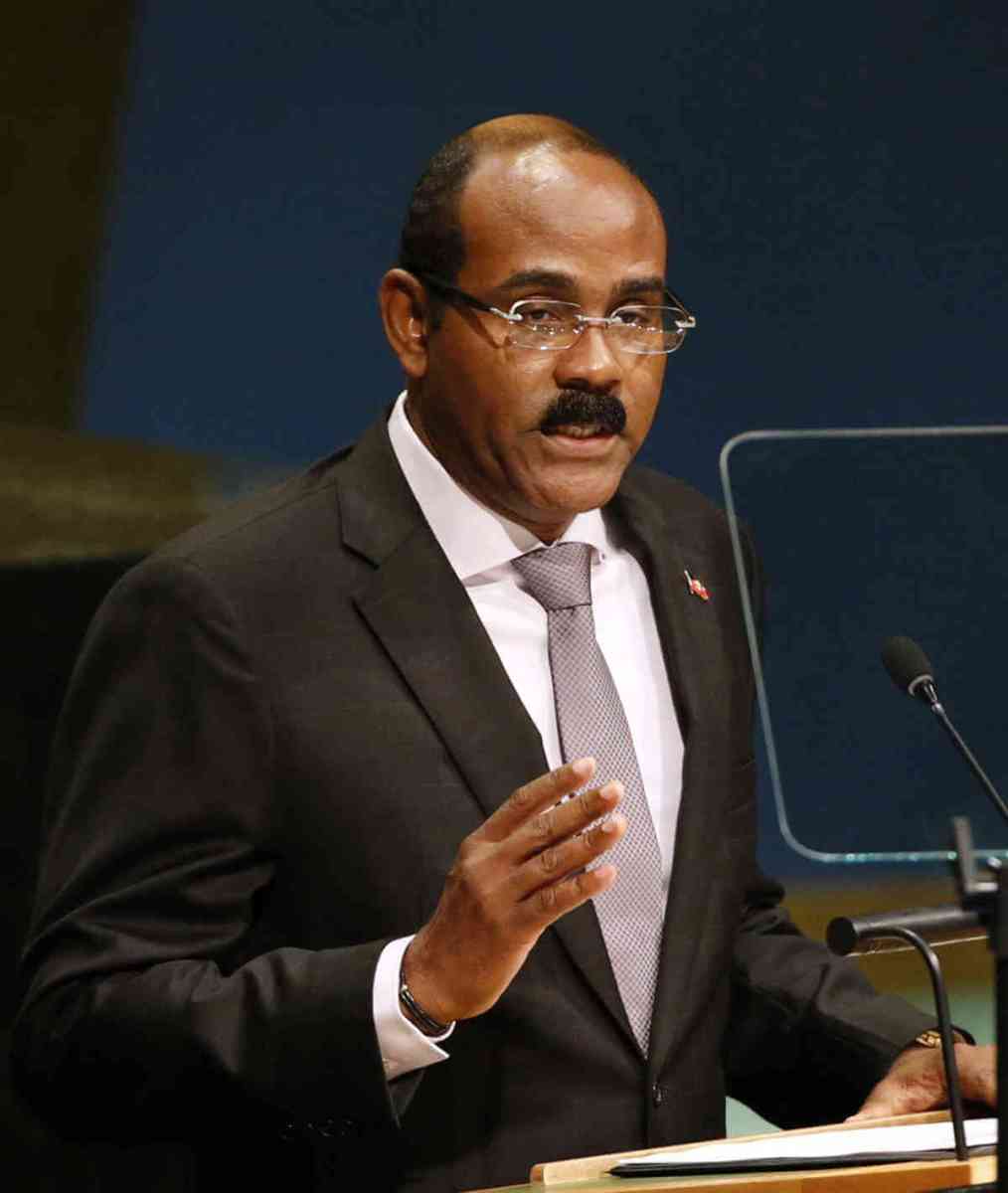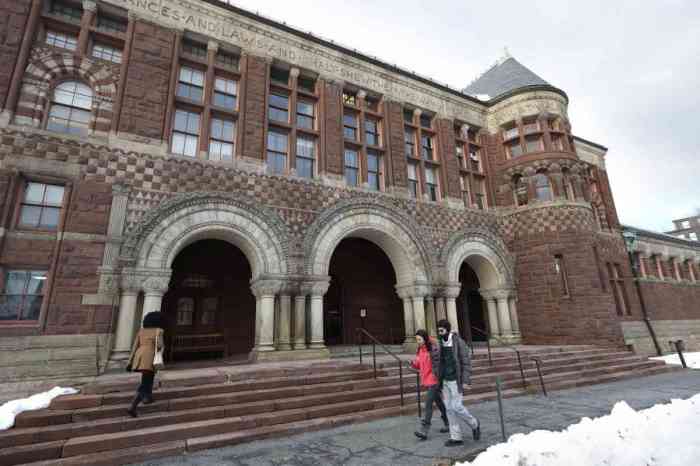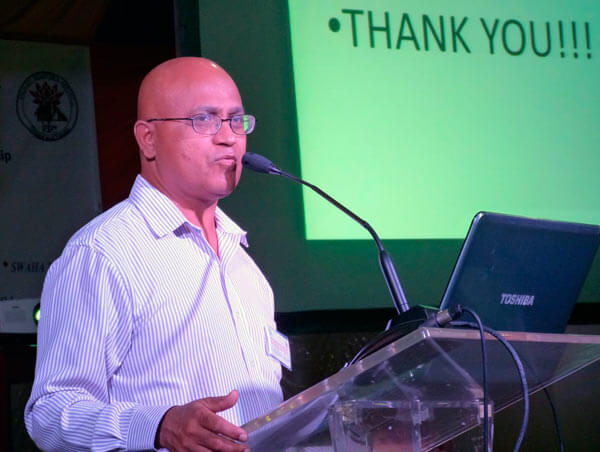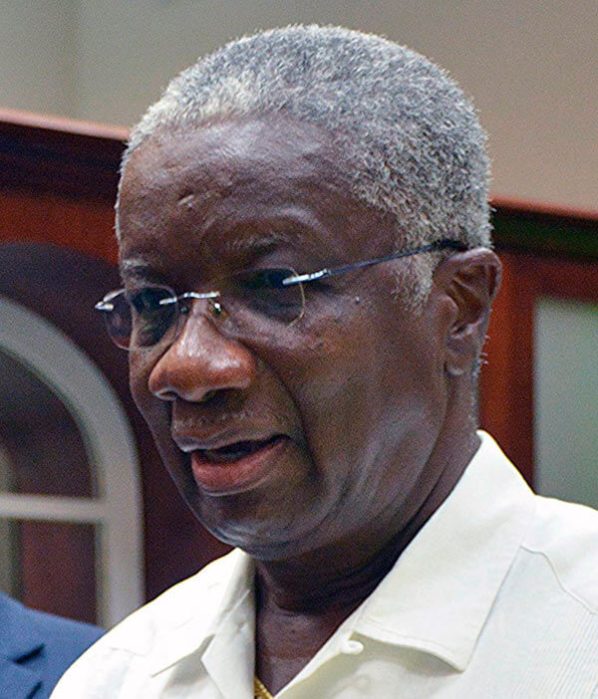Since Freundel Stuart, the prime minister of Barbados and the then head of the umbrella Caribbean Reparations Commission (CRC) was swept out of power in general elections last year, the momentum of the regional body to make European nations pay for the transatlantic slave trade has slipped a bit but a key meeting in Antigua this week could well breathe new life into the struggle.
The CRC, collaborating with the Jamaica-based Center for Reparation Research and Antigua’s own national commission, has organized a landmark one-day session in Antigua to shine, for the first time in a very organized way, the spotlight on the role European banks and other financial institutions played in the slave trade.
Banks and insurance companies like Barclays, Swiss banks and Lloyds of London were key beneficiaries of the slave trade from Africa to the Caribbean. In the case of Lloyds for example, the company that was founded in a tea shop in 1668 when the slave trade was thriving, was primarily set up at the time to provide cover for British slave ships which were lost at sea. Today, it is the best known name in global insurance and folks in the CRC and Caribbean governments, want to ensure that it pays out hundreds of millions for its role in a genocide against Africans and their modern day descendants.
The one-day symposium will include a number of economic historians and other experts attending. The Guyana-based Caricom Secretariat said in a missive that Thursday’s meeting will “explore the historical roots of western banks in the financing and profiteering from the enslavement of Africans and their descendants in the Diaspora. The symposium will also identify the role of these banks in the support and expansion of colonial and neo-colonial rule in the Caribbean.”
But just as important as the session will be, CRC members say that the Antigua meeting will provide a timely opportunity for a major refocusing effort on the reparations issue. Ex PM Stuart, was the lead head of government on reparations but once his Democratic Labor Party (DLP) was swept out of power by 30 seats to zero by the Barbados Labor Party of Prime Minister Mia Mottley in July of last year, the momentum slowed as Mottley fought to bring back the country from economic ruin.
After the symposium, representatives from most of the national bodies which make up the CRC, researchers and government representatives will meet for all of Friday in a major review session on reparations.
Officials say that they foresee greater involvement of PM Mottley after this week and a renewed effort to put Britain, France, the Dutch and other nations under pressure to a least prepare to sit at the negotiating table and talk about reparations. But the topic for Thursday is primarily on the role banks and other financial agencies played in the slave trade and how to make them accountable for their involvement.
“We are now all only learning about the details of their role from economic historians, the role banks and shipping companies played in moving human cargo. It is a side of the issue we are now exploring in depth, for the first time,” said Dr. Hilary Browne of the Caricom Secretariat.
Also attending this week would be Swiss research expert Hans Fassler. His work so far has proven that the squeaky clean image of the Swiss in history is highly in accurate as it too played a role. Some Swiss banks had owned large parts of European slave trading companies and had also financed and conducted business with slave traders.
“So the shiny image of the Swiss is not as we think it is,” said Dr. Browne. Experts say any acknowledgement from authorities there are their past could help to put pressure on European neighbors to act.
CARICOM leaders have already retained a British law firm to represent their case in court while at the same time trying, albeit with little success so far, to arrange a summit meeting with European counterparts.
Prime Minister Gaston Browne of Antigua will address the gathering and experts will come from the University of the West Indies, the University of California in Los Angeles, a representative from Tufts and the City University of New York.



























